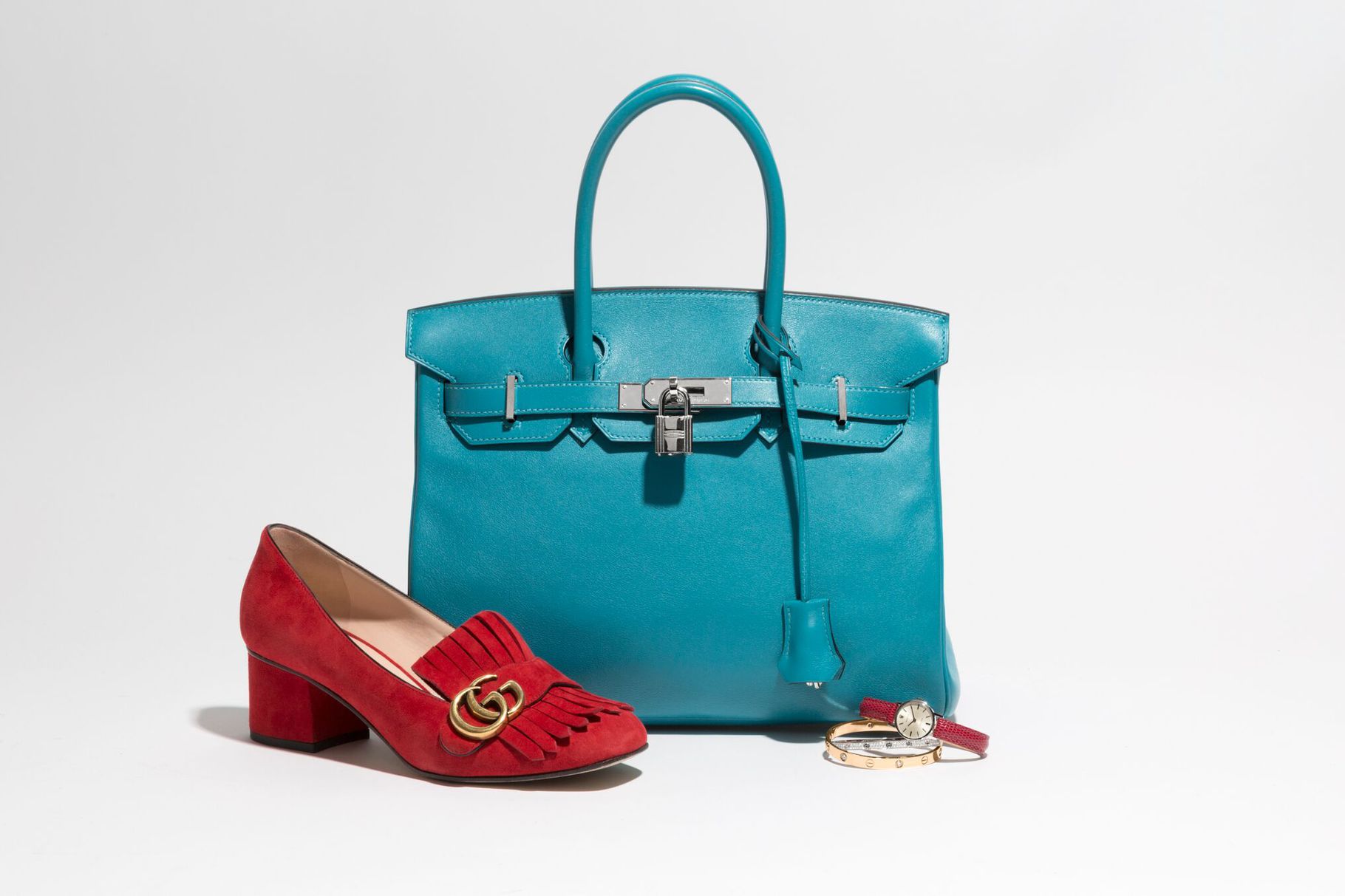
image: The RealReal
There are plenty of places to buy a used Chanel bag online. The RealReal, the big-name luxury consignment site that generated $100 million in sales last year, is one of those places. The San Francisco-based company prides itself on authenticating luxury goods and weeding out the fakes, which has proven a valuable service, particularly online where it is difficult to trust even the most legitimate-looking websites.
In furtherance of its goal to provide consumers with a place to shop authentic consigned goods and trust that they are getting the real thing, The RealReal has a rigorous authentication process. But a strict “no-fake” policy is not the only factor to thank for The RealReal’s rapid growth. Unlike most other online marketplaces, the company takes control of its inventory.
According to Fortune, “It provides high-touch services for its sellers, sending drivers to their homes to pick up items for consignment. It’s an elaborate process—every item in The RealReal’s warehouses is different. The company turns over its inventory very quickly, with most items selling within 30 days.”
And in just four years, The RealReal – and other sites just like it – has had a hand in affecting the way consumers shop. For instance, if an individual knows that she can resell her luxury purchases, she is more likely to make the investment in the first place. Beyond that, if she is going to spend a lot on something, she is more likely to trade up to brands with the highest resale value. Secondhand items from Chanel, Hermès, Christian Louboutin, and Cartier are worth a lot. Marc Jacobs, Versace, and Givenchy goods? Not so much.
Julie Wainwright, CEO and founder of The RealReal, says this shift in shopping habits is why luxury retailers like Saks Fifth Avenue and Neiman Marcus have embraced The RealReal by offering gift cards in exchange for consignment on the site. By boosting the value of secondhand luxury goods, shoppers see more value in buying them firsthand.
Still yet, The RealReal has helped to shun the stigma that has, for decades, been associated with shopping second hand. As James Reinhart, the CEO and cofounder of ThredUp, another re-sale site, told Vogue, since ThredUp launched in 2009, not only has the stigma about secondhand shopping faded, but there’s serious demand for it.
“Each year, [we] release a resale report examining the state of the industry,” he says. “In 2017, we found that apparel resale is currently an $18 billion industry, expected to grow to $33 billion in the next four years. And resale is growing faster than [traditional] retail.”
Ms. Wainwright can confirm this, saying “It’s become less of a stigma to buy secondhand.” An ever better metric for demonstrating the shift? The RealReal’s bottom line and the rate at which this startup, which has IPO goals in mind, is able to bring in tens of millions of dollars in each round of funding.







